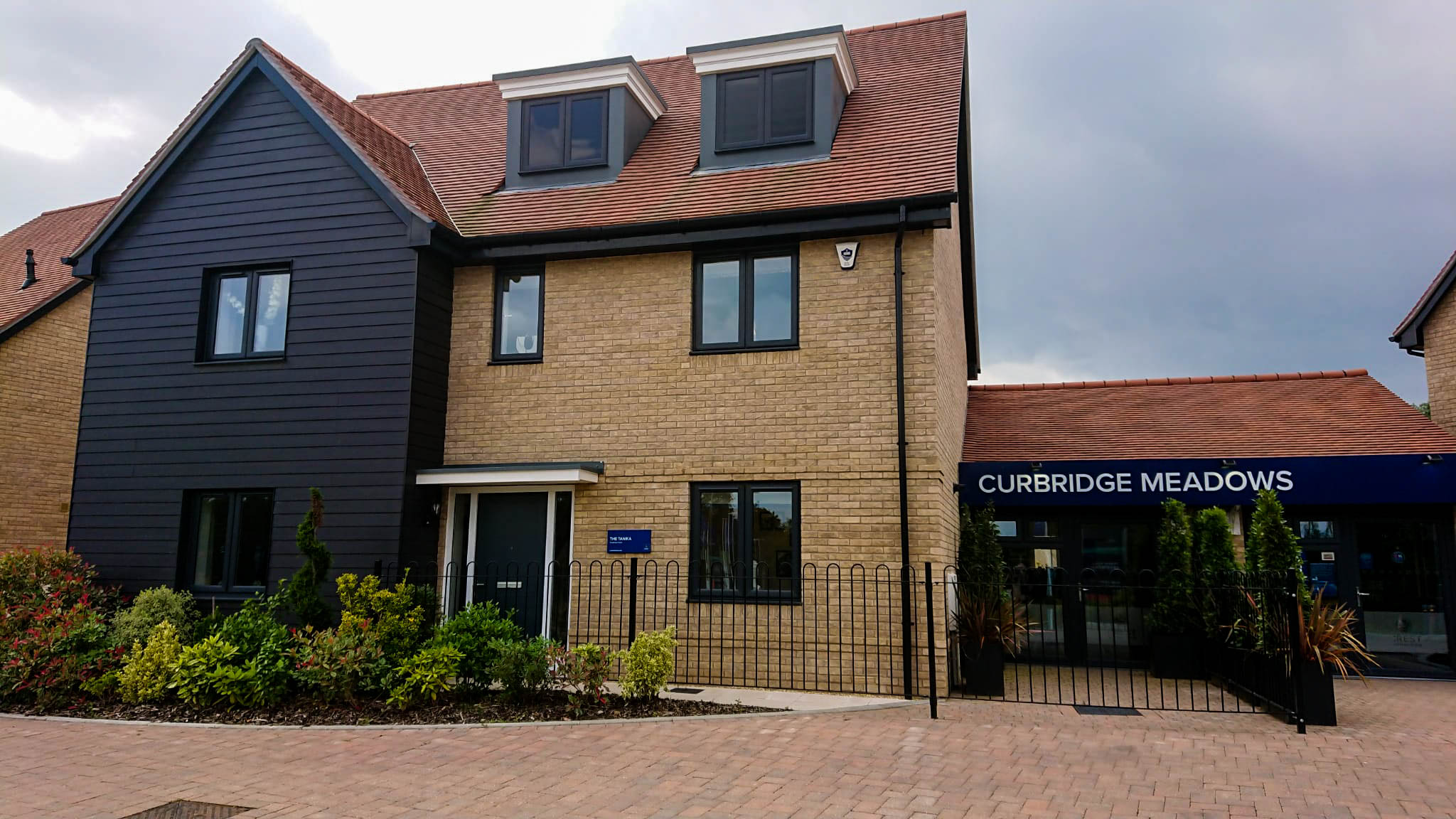You are here: How do new build mortgages work?
In recent years, there has been a drive to build new properties to tackle the UK’s housing shortage. Although behind on its target, the government says that nearly 50,000 new homes were built in the first three months of 2021 - the highest figure in over 20 years. For many of us, the idea of purchasing a new build is appealing for several reasons. Yet, finding a mortgage for a new build can be complicated, so it is essential to be aware of the pitfalls.

What are the benefits and drawbacks of buying a new build?
There are several reasons to buy new, and not just for the lack of an onward chain. For those of us who don’t enjoy DIY, a recently built property is likely to require less maintenance than an older one. If you are buying off-plan, you may be able to make certain design decisions in conjunction with the property developer, some will throw in some fixtures and fittings such as washing machines, flooring and carpet.
Energy bills are also likely to be cheaper, as developers are required to meet high standards to ensure a property is as energy efficient as possible. In fact, the government has recently set out plans to “radically improve the energy performance of new homes to be highly energy efficient, with low carbon heating and be zero carbon ready by 2025.”
However, it’s not all positive with a new build. Termed the ‘new build premium’, new properties are typically more expensive than older homes, simply because everything is pristine and unused. Developers will also ask for reservation fees to secure a plot, which you stand to lose if you pull out of the purchase.
How do new build mortgages work?
Lenders tend to offer new build mortgages at a lower percentage of the purchase price due to the devaluation of most properties in the early years, simply because they are no longer ‘new’. It differs according to lender, but they commonly only offer a loan at 85% LTV, compared with up to 95% on older houses.
However, a recently launched mortgage indemnity scheme called Deposit Unlock is hoping to change this. Aimed at supporting borrowers with only a five per cent deposit, looking to buy a new build property, the scheme is a tie-up between the Home Builders Federation and insurance broker Gallagher Re. Nationwide Building Society is the first major lender to back the scheme, with the hope that more will follow suit.
Changing timescales can also be an issue with new builds, as mortgage offers are usually valid for six months. Recognising that many new build projects are subject to delays and completion dates cannot be relied on, a few lenders have specific mortgages with a longer validity period. However, any unexpected delays could cost, and you may need to re-apply for the loan if those delays continue.
If the market value of the property increases or falls during the building phase, you’re still required to pay the agreed original purchase price when it’s completed. Either way, it can have an impact on your mortgage, so you may need to revisit the offer with your lender, who can withdraw it in the worst case.
Once built, some house builders impose strict deadlines to exchange contracts, which can sometimes be as quick as 28 days. For some mortgage lenders, this is difficult to accommodate, so make sure you check if there are any time restrictions on their side.
The Help to Buy: Equity Loan scheme
With home buying always on the political agenda, the government’s Help to Buy: Equity Loan Scheme was relaunched on 1 April 2021. Aimed at first time buyers, it will lend up to 20% of the cost of a new build property (40% if you’re buying in London), with no interest to pay on the loan for five years. Enabling This enables people to buy a new home with a small deposit, the scheme runs until March 2023, although it’s not available on all projects or from all builders. It can also limit your choice of mortgage lender.
Carrying out plenty of research before purchasing a new build is essential, as getting a mortgage can be more difficult than many homebuyers expect. There are specialist new build mortgages out there, but it’s worth approaching a mortgage broker as they often have access to deals you won’t easily find yourself. They can also help you negotiate the purchasing process, save time and reduce stress.
If you are considering buying or selling a home, you may find some of these services useful:
Mortgage Brokers
I need help getting a mortgage
Energy Performance Certificate
Energy Performance Certificates
Building Surveys
I want a local surveyor to do a Building Survey for me
Home Survey and valuation
I want a local surveyor to do a homebuyer survey and valuation for me
Structural Inspections
Find an expert to carry out a structural inspection
Structural Calculations
Find an expert to provide Structural Design Calculations
Invasive weeds report
If you are concerned that you may have Japanese Knotweed, or other nuisance plants.
Electrical Reports
Find an Electrician to produce an Electrical report (sometimes known as an Electrical Installation Condition Report - or EICR) for a property.